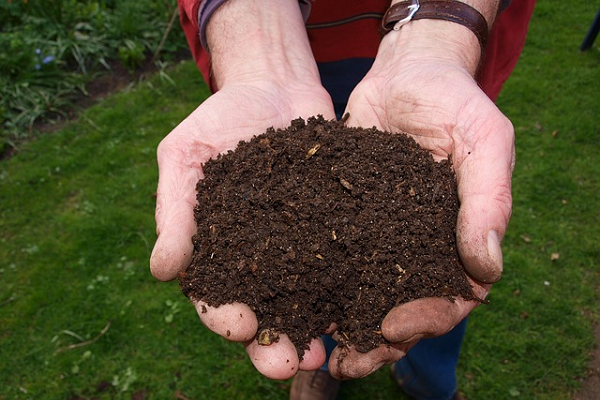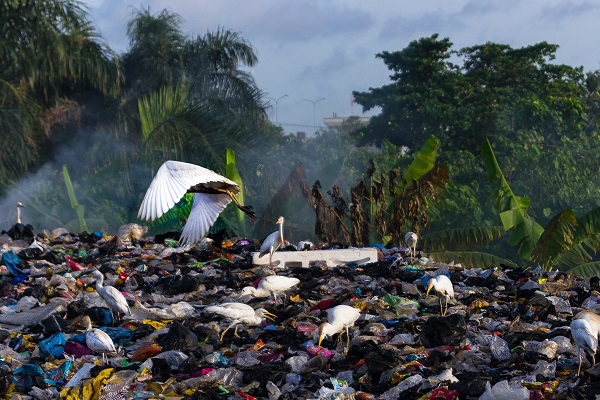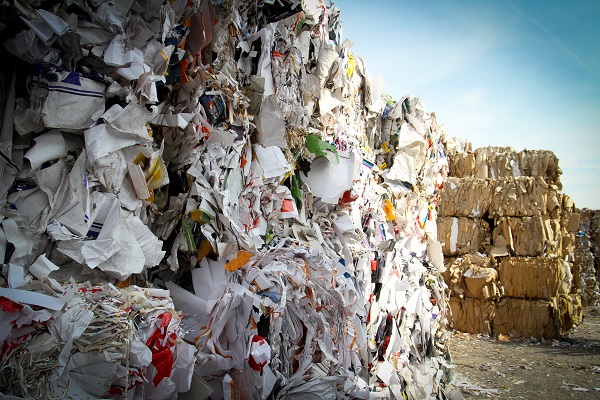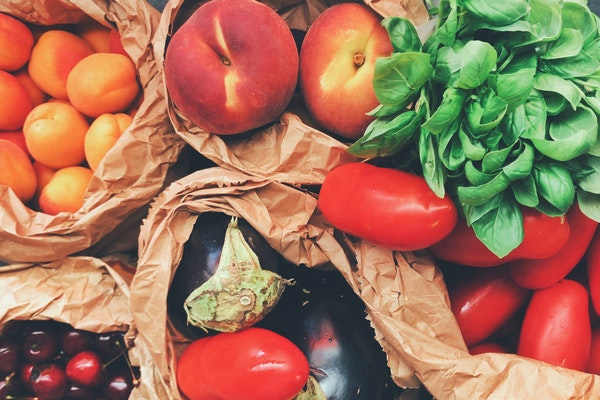
In the pursuit of sustainable living, there's a simple yet incredibly impactful practice that can turn your kitchen scraps into an environmental powerhouse - composting. Let's unravel the positive environmental impacts of embracing this eco-friendly habit and discover how starting a compost can be your contribution to a greener and healthier planet.
Nurturing the Soil
At its core, composting is a natural process of recycling organic matter into nutrient-rich soil conditioner. This "black gold" acts as a powerhouse of benefits for the environment, starting with the enhancement of soil fertility.
- Rich Soil Structure: Compost enriches the soil with essential nutrients, promoting a healthy soil structure. This, in turn, aids plant growth, enhances water retention, and reduces the need for synthetic fertilizers that can harm the environment.
- Reduced Landfill Waste: When organic waste, such as food scraps and yard clippings, ends up in landfills, it decomposes anaerobically, releasing harmful methane gas. Composting diverts this waste from landfills, reducing the environmental impact and mitigating greenhouse gas emissions.
- Carbon Depletion in Soil: Composting facilitates the removal of carbon in the soil. This not only contributes to climate change mitigation by trapping carbon dioxide but also enhances the soil's ability to support plant life and microbial activity.
Conserving Water Resources
Compost-amended soil has the incredible ability to improve water retention and reduce water runoff, presenting a dual benefit for the environment.
- Water Conservation: The organic matter in compost helps soil retain moisture, reducing the need for frequent irrigation. This water conservation aspect is especially crucial in regions facing water scarcity or drought conditions.
- Preventing Soil Erosion: Compost aids in creating a stable soil structure, reducing erosion caused by rainfall or irrigation. By preventing soil runoff, composting contributes to the preservation of water quality in nearby streams and rivers.
Promoting Biodiversity
Composting fosters a healthier and more diverse ecosystem, creating a positive ripple effect for the environment.
- Microbial Diversity: The rich microbial life in compost enhances soil health, fostering a diverse and vibrant ecosystem underground. This, in turn, supports plant growth and contributes to overall biodiversity.
- Reduced Chemical Dependency: Healthier, compost-enriched soil requires fewer synthetic chemicals and pesticides. This reduction in chemical dependency benefits not only the immediate environment but also the broader ecosystem by preventing chemical runoff.
Conclusion
Starting a compost isn't just a chore; it's a dynamic and positive contribution to the environment. From enriching the soil and reducing landfill waste to conserving water resources and promoting biodiversity, the benefits of composting extend far beyond the boundaries of your backyard. As you embark on this eco-friendly journey, remember that every peel, every leaf, and every kitchen scrap holds the potential to be transformed into a powerful force for environmental good.























































.png)

%20(25).png)
%20(24).png)
%20(22).png)
%20(21).png)
%20(20).png)
%20(19).png)









%20(12).png)









.png)





.png)
.png)

.png)

.png)


.png)

.png)





.png)
.png)





.png)



.png)











.png)










.png)

.png)






.jpeg)



.png)




.png)







%20resize.jpeg)



%20small.png)

.png)









.png)

.png)















.jpg)
.jpg)
.jpg)
